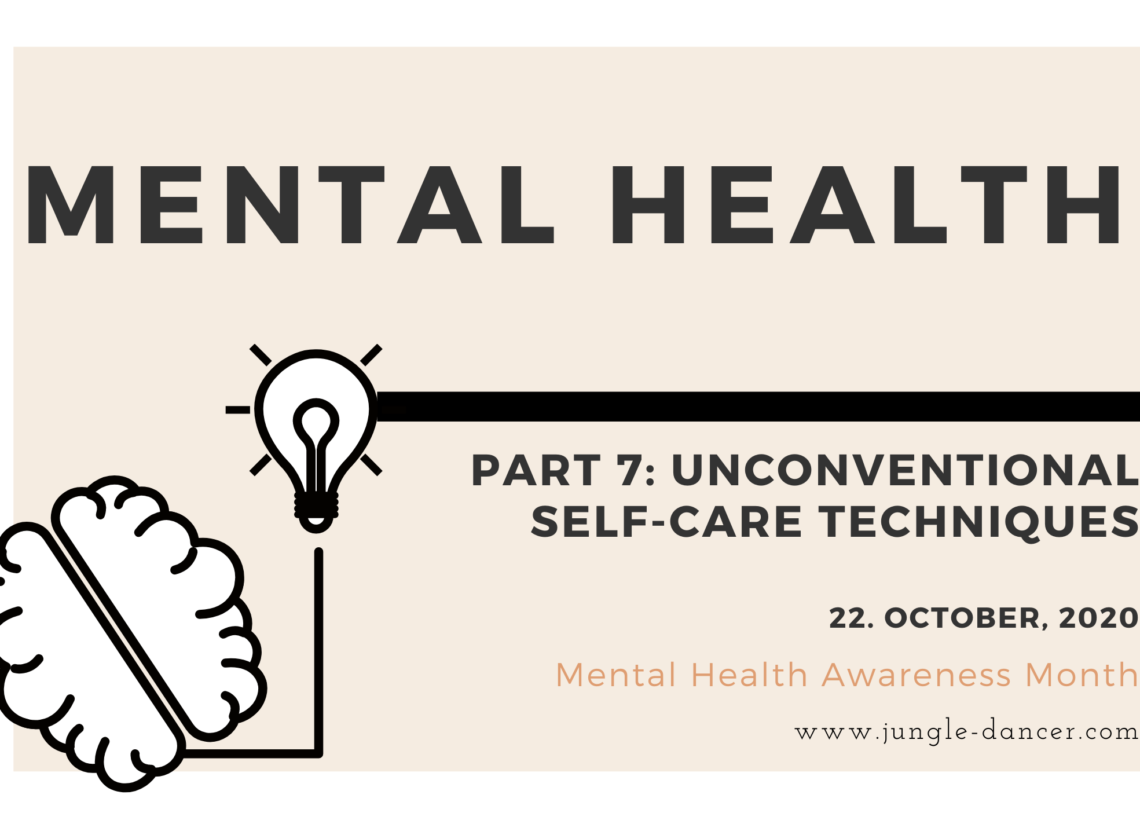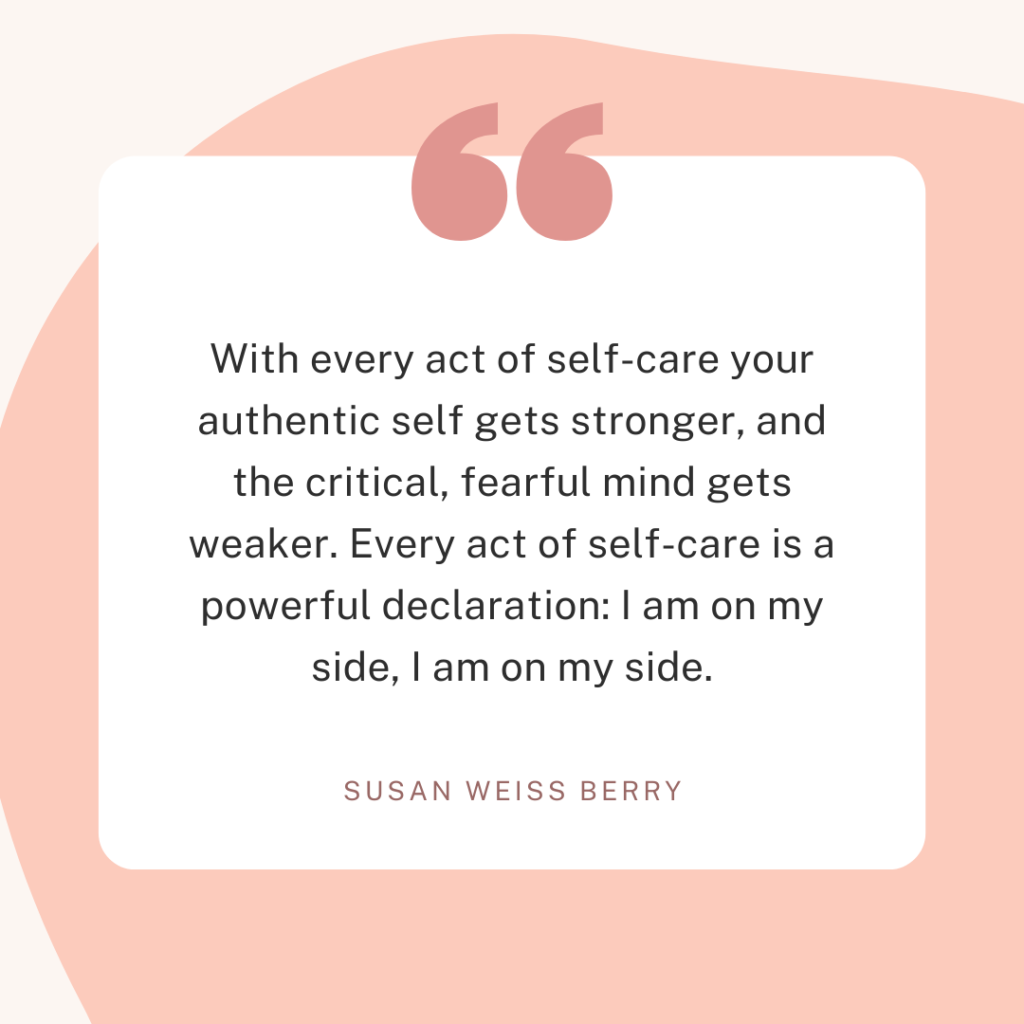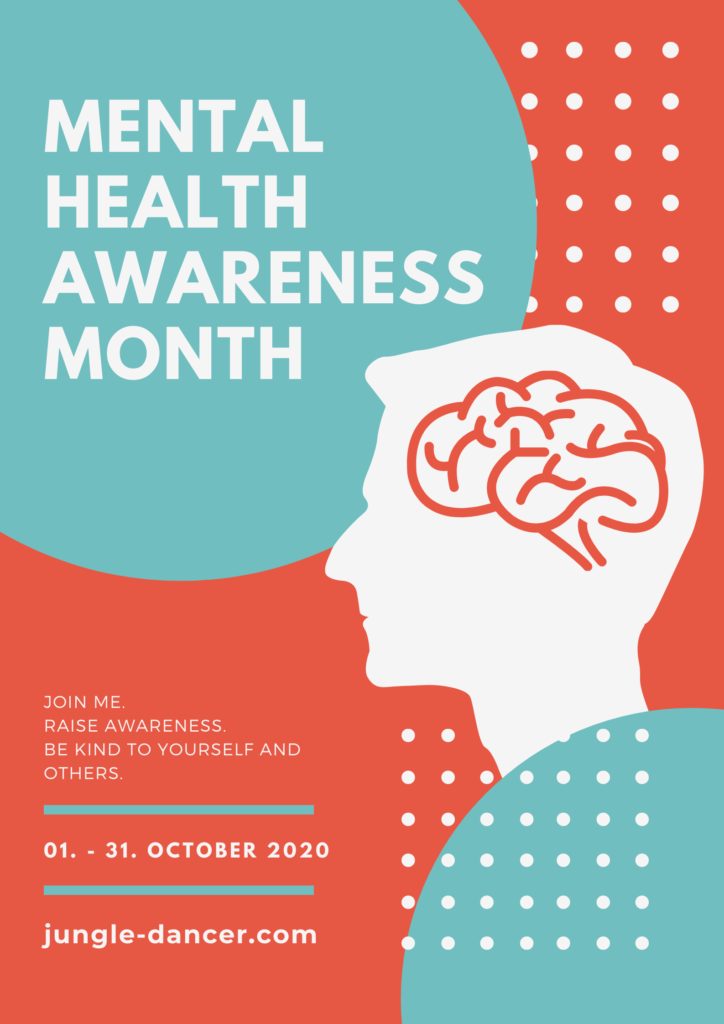
Unconventional self-care techniques worth your time
 Every time when I google about self-care techniques, this is what I get: massages or beauty treatments in a luxurious spa or beauty saloon; purchasing semi-luxurious items such as bags, clothes, or cosmetics; maybe going on trip.
Every time when I google about self-care techniques, this is what I get: massages or beauty treatments in a luxurious spa or beauty saloon; purchasing semi-luxurious items such as bags, clothes, or cosmetics; maybe going on trip.
Truth be told, I love doing some of these (what beats a great massage or a get away?). However, I have a problem with the capitalistic narrative of “if we fail to purchase certain items or services, we are depriving ourselves and failing to meet our own needs”.
Thus, in this post I want to focus on some techniques or small rituals that go beyond the point of instant gratification. I refuse to look at self-care as “happiness bought” or choosing to feel good here and now, at the cost of sacrificing our overall future well-being.
Personally, I think, that the most crucial aspect of every self-care ritual is understanding the influence it has on you. Pay attention whether you are experiencing only a momentarily spur of joy; or, if you are truly benefiting from what you are doing. A well-developed and consistent self-care routine for me is two dimensional and it consists of:
- momentary self-care: it addresses current stress and helps us calm down, unwind, or relax after particularly tough period; and
- long-term self-care: it addresses our distorted thoughts, certain character traits, and bad habits that we would like to change.
So, without any further due, let us look at some self-care techniques that I love.
List of unconventional self-care techniques
This list consists of my personal favorite self-care techniques. I do not claim that these are the only ways to de-clutter your mind, but I do hope that some will be interesting to you. Moreover, I hope I will motivate you to be a bit more analytical towards your activities and encourage you to experiment. By doing so, I hope that soon you will be able to create your own self-care techniques that fit your desires, life style, and character.
1. Vision board
What is a vision board? It is a table, or pin-board, or document that you divide it into a few categories, for example: work, home, relationships, hobbies, and personality. Then, you start thinking:
- what are you lacking, or wish to have, in each of these fields?; and then,
- where do you see them developing in the future (what is your vision)?; and finally,
- think how urgent and how difficult this is.
For example, what am I lacking at work and what is my ideal vision for myself? My first answer would be a) procrastination and b) find a way to work smarter, not harder. Then, I come up with ideas and techniques that I think could work for me. I quickly write them on my vision board and try them for a while to get a sense which one I would like to dedicate my time on. I grade this as difficult because it is a years-long habit; yet urgent, because I think it is about time to change it.
Recently, I started practicing the Pomodoro technique and it is really a game-changer for me. As is my vision board. By using it, I have managed to pin point and address precise problems. Feeling like I have some kind of an understanding and control over them, truly makes me feel like I am caring for myself and investing in my future. My vision board is probably one of my favorite self-care techniques.
Do you think the vision board could work for you? Would you like to me to create a document with guidelines for free for you that you can start filling yourself? Let me know down below in the comments, or drop me a message. 🙂
2. Try to think of yourself as your best friend or loving partner
This self-care technique is especially important when your mind starts to take you down. We are our own worst enemies. One way to manage the distorted images of ourselves in our minds is to imagine that we are directing our self-monologue towards a friend. Would you tell her or him that they are a failure; stupid; ugly; fat; boring; lazy; or, any-other-bullshit-thing you tell yourself? I honestly doubt it. Thus, be kind and speak to yourself as you would to a friend.
3. Do not suppress your emotions
I find the idea of “we live to be [constantly] happy” so damaging! It literally makes people feel like a failure if they just feel… ok. It is important to understand how you feel and not suppress your emotions. Recognize them and put them into context – why, how, and when they appeared. Embracing your emotions – both the great and the nasty and and ones in between – is the first step towards enjoying any other ritual.
4. Ask yourself if this will be worth it 10 years from now
After you acknowledge your emotions, putting them into context can also be done like this: is really loosing your mind and nerves over this problem worth it? Will you remember it and care for it even one year from now, let alone ten? Adopting this approach will not only teach you to look at the big picture, but it will also empower you by helping you be in more control of your emotions.
5. Choose one encouraging sentence a week and repeat it each time you see yourself in the mirror
This might sound funny, but I try to do it from time to time. It is the “fake it till you make it” trick. It works by choosing an encouraging sentence about one of your insecurities and repeating it to yourself each time you see yourself in the mirror. Let’s say you fear giving public talks. Then, you can choose to say something like “Everyone loved my talk. I was so good at presenting, my audience was really engaged”.
6. Work on your sleeping space
We tend to spend around third of our life in bed. Thus, I think it makes really sense to have proper sleep wear (something that gives you a feeling of comfort, warmth and security); as well as nice and clean bed sheets. Keeping a de-cluttered and clean space around the bed will warn your mind that it is time to rest. When you go to sleep, put your phone on airplane mode, and away from your pillow. Keep your bedside table simple. A nice photograph, a few books, maybe a journal or a scented candle will be sufficient. You will wake up rested, rejuvenated and ready to start your day.
7. Keep a one-thought a day journal
Speaking of journals, my sister at some point gave me as a present a “one question a day: five-year memory” journal. You have one question for each day in the year and only a few lines to answer it. It takes no time to answer one such question (unless, it is a deep one); yet, it has such a calming effect on my mind and body. I even prefer it to conventional journals, since you end up procrastinating on those after a while. The nice thing is that the journal goes for five years, so in time, you can reflect where you were and where you are now. I love it!
8. Have a game night, either alone, or with your partner, family, or friends
I do not mean board games. Instead, I mean more emotionally-involved games. This is why you can play them also by yourself. I am especially a fan of the games by the “The School of Life”.
One game that you can play with other people is The Looser Game. I like this game because the winner is the person who shares his or her life’s failures in a most genuine, honest, and mature way. Through sharing, you learn more about your friends or partner and you bond to them. Second, and more important, it reminds you that we all fail, but accepting these failures and learning from them, must be parts of our self-care techniques.
When it comes to playing a game on your own, I like the Know Yourself cards. I have already talked about the importance of self-knowledge, so these cards make it even easier to take a tour of your mind. Admitting, some of the questions are tough; but, this is what makes the game fun playing. You do not want easy answers.
I would also like to mention that these affiliations are not sponsored ones and if you decide to purchase some of them, I will not be making any profit. I am just sharing them because I have both of these sets and I genuinely enjoyed these cards.
9. Get creative
The link between creativity and mental health benefits has been extensively discussed. The greatest aspect of creativity is that it is almost meditative in its absence of rules. As long as you concentrate and enjoy – you win.
What can you do? There are so many options. Recycle old products at home. Paint or draw. Write. Compose. Create greeting cards. Make collages. Sing. Dance. Invent your recipes maybe? Or even invent and pattern something – who knows what will come out of your ideas.
If you prefer to spend more time in your thoughts, practice creativity exercises. For example, find more creative purposes for an everyday object such as a button. Or, rethink how we can re-purpose some antique items, such as phone booth cabins or landline phones.
10. Engage in activities that you make you feel accomplished
You owe no explanation to anyone about what these activities are. For me, it is writing for my blog. For my boyfriend, it is building something. No matter what it is, feeling accomplished boosts your mood and self confidence and reminds you that you are capable, smart, and engaging person.
11. Create small, almost effortless, yet highly personal and valuable rituals
For me, this is my morning coffee. Or, using the LP player on the weekend. It really does not matter what it is as long as it does not take much of an effort to do it; but, yet, somehow, it truly makes you smile and think for a second: “I am content”.
12. Write a compliment letter
Either to yourself or others. I find it hard to write it to myself, but from time to time, I like to send a nice card or letter to my friends. It is not as much about getting a thank you or positive reply from them, as it is about reminding myself how blessed I am to be surrounded by amazing people.
Honorable mentions of more common, yet effective, self-care techniques
- Tidy your physical space: create harmony between your living/working space and your mind.
- Help someone: even a stranger’s smile can brighten your day.
- Care for someone or something: it can be a pet, or plants, or even volunteering somewhere.
- Spend more time moving in nature: both nature and physical activity have a healing and calming effect on us.
- Pay attention to your nutrition: nutritional psychiatry says there is a link between what we eat and how we feel.
- Focus on one activity at a time: avoid distractions, be present, let your thoughts run wild.
- Be observant: appreciate the small moments, like a loving mother on the public transportation, a stunning sunset, or blooming trees.
- Indulge in art of any form, according to your preference: it is not only about music and paintings. Art can be going to old bookstores. Or, crafting and embroidery. Poetry. Photography. Bird watching. Fashion. Architecture. Design. Sculpture. Dancing. Watching movies. Street art performance. Graffiti. Gosh, the list is endless. What do you like observing, experiencing and learning about?
- Do what you love. If you are not sure what that is – experiment: find the time and the space, even for a little while, to dedicate yourself to activities that truly indulge your soul.
- Have alone time or a date with yourself: if you want to read a bit more of why I think this is especially important, check my article on why alone time is important.
- Remove toxic people/accounts from your social media: the era of twitter, facebook and instagram, created platforms for all sorts of toxic people to pour down their bitterness at other people. The holy trinity of the modern era is: report – block – delete. Instant peace. You are not supposed to tolerate bullying, insults, or mocking no where and from no one, let alone from someone on social media.
Any ideas you would like to add? How did you like these suggestions? What does your self-care routine consist of? Hit down the comments; or, share this article with someone who might benefit from there. Be kind, be supportive, be kind towards yourself and others.







2 Comments
Lina williams
Love these tips! Thank you for sharing them.
Nismabi
Yes to vision board mission…Nismabi